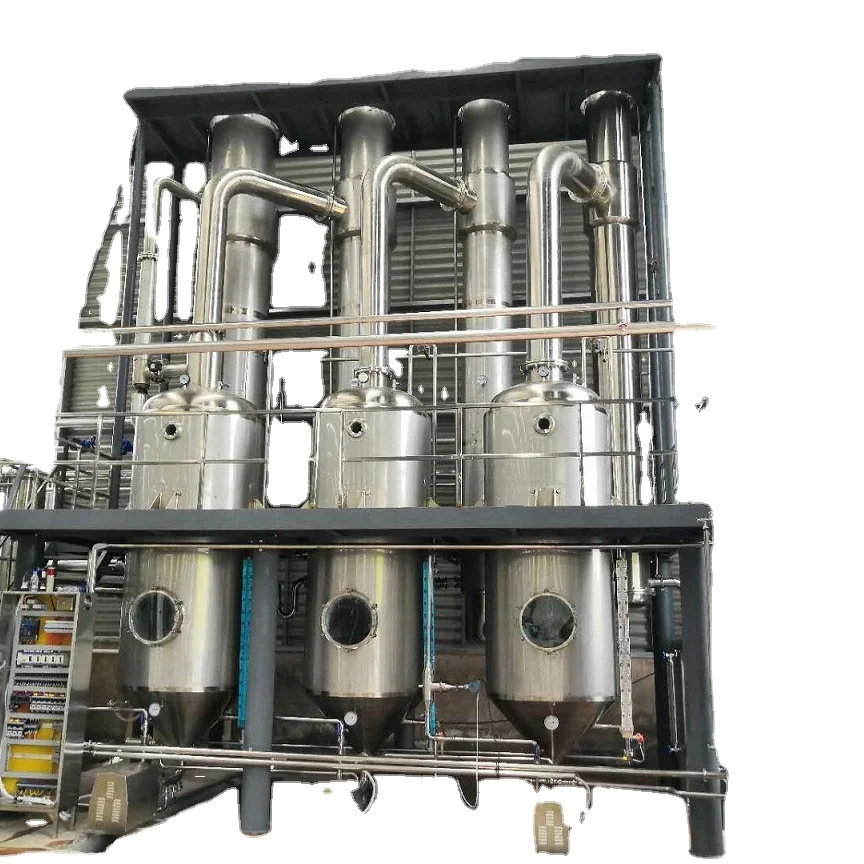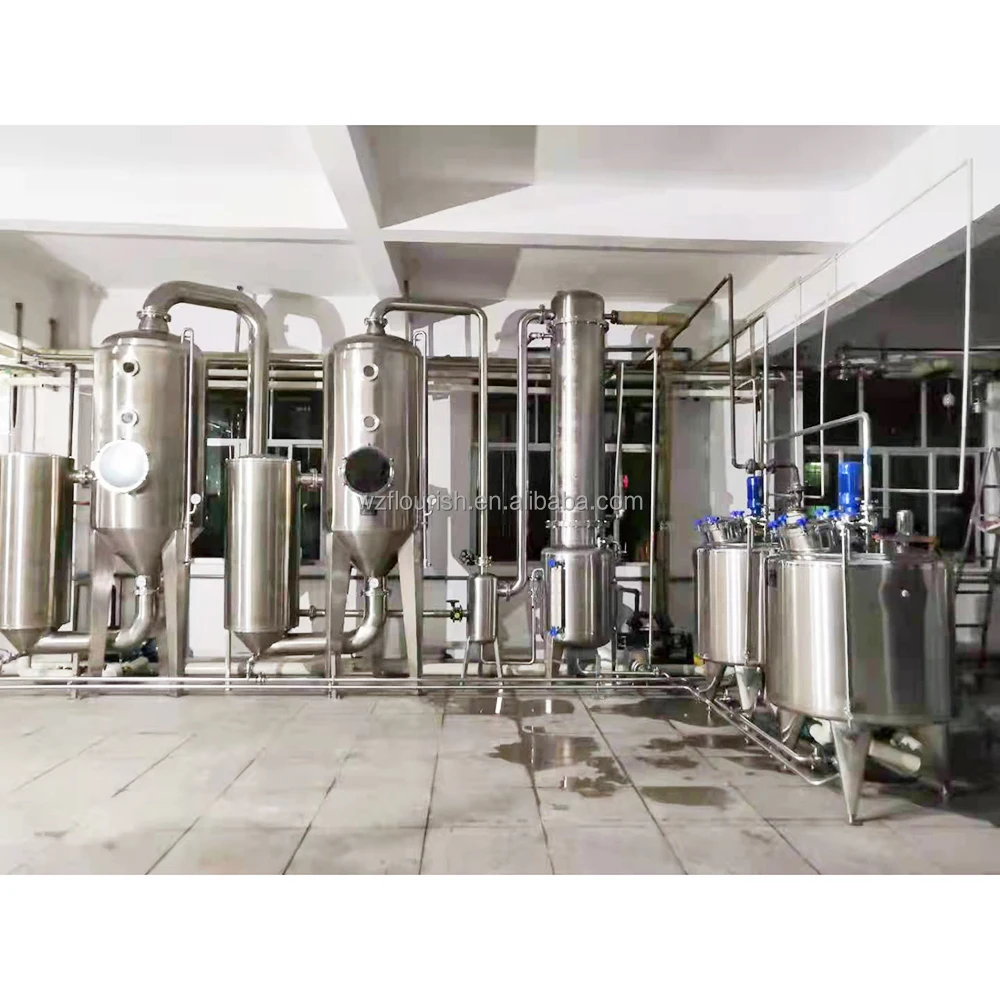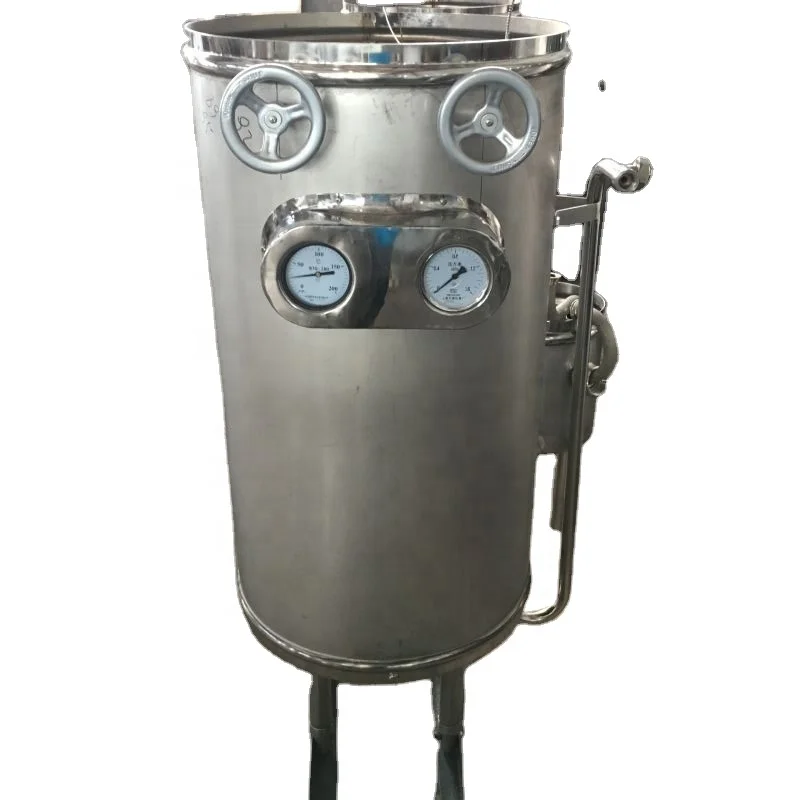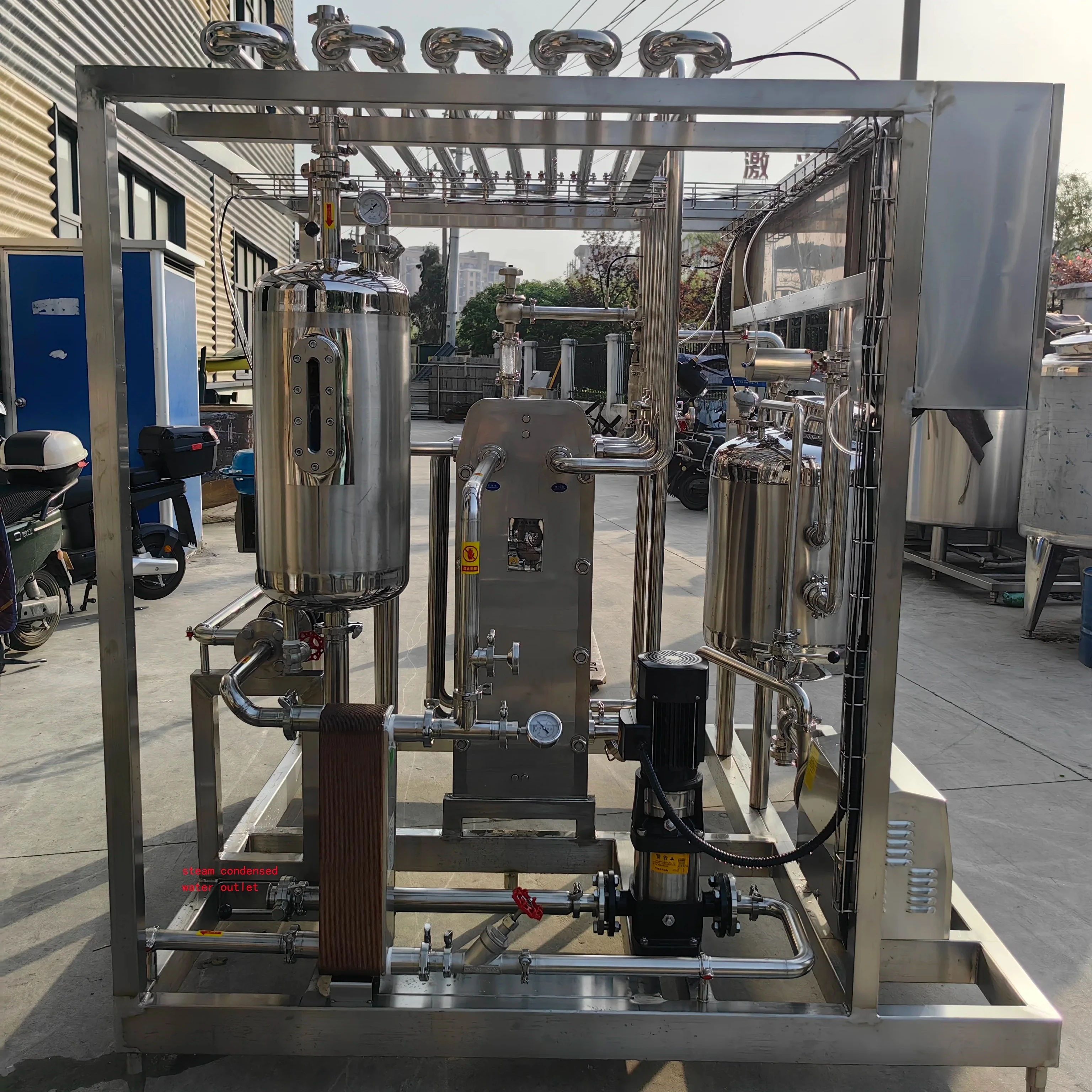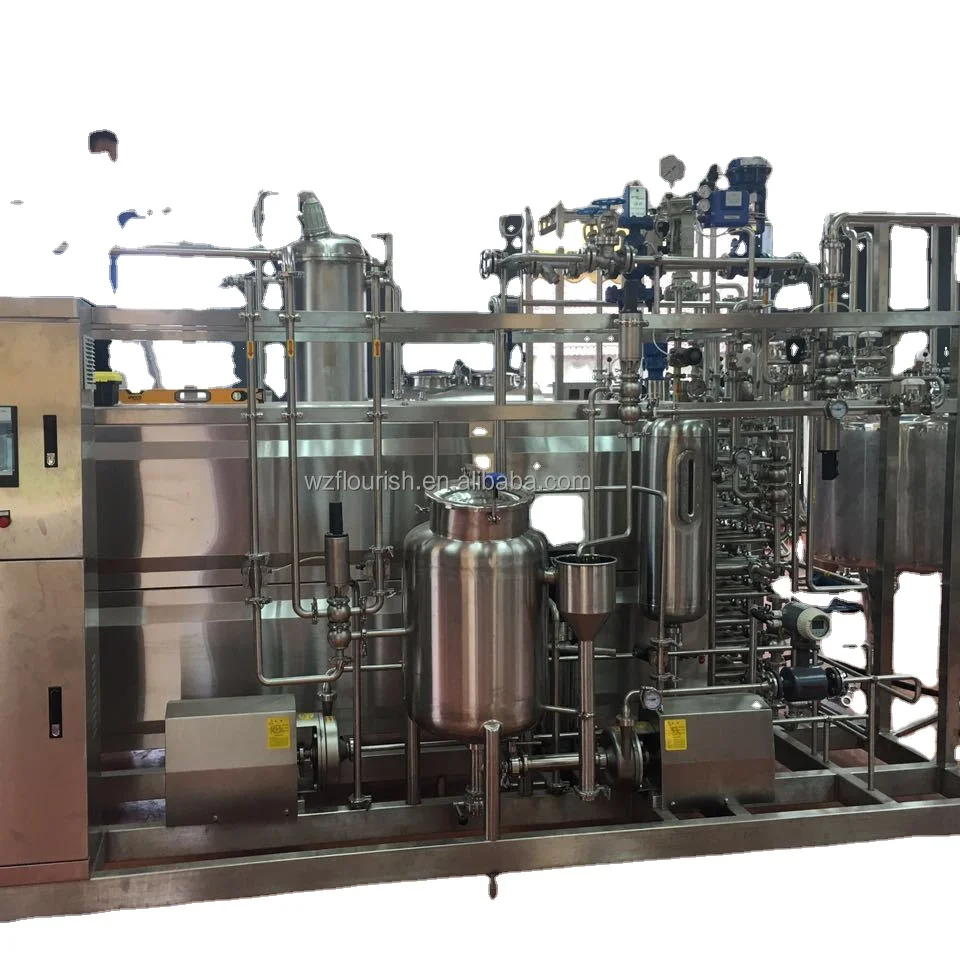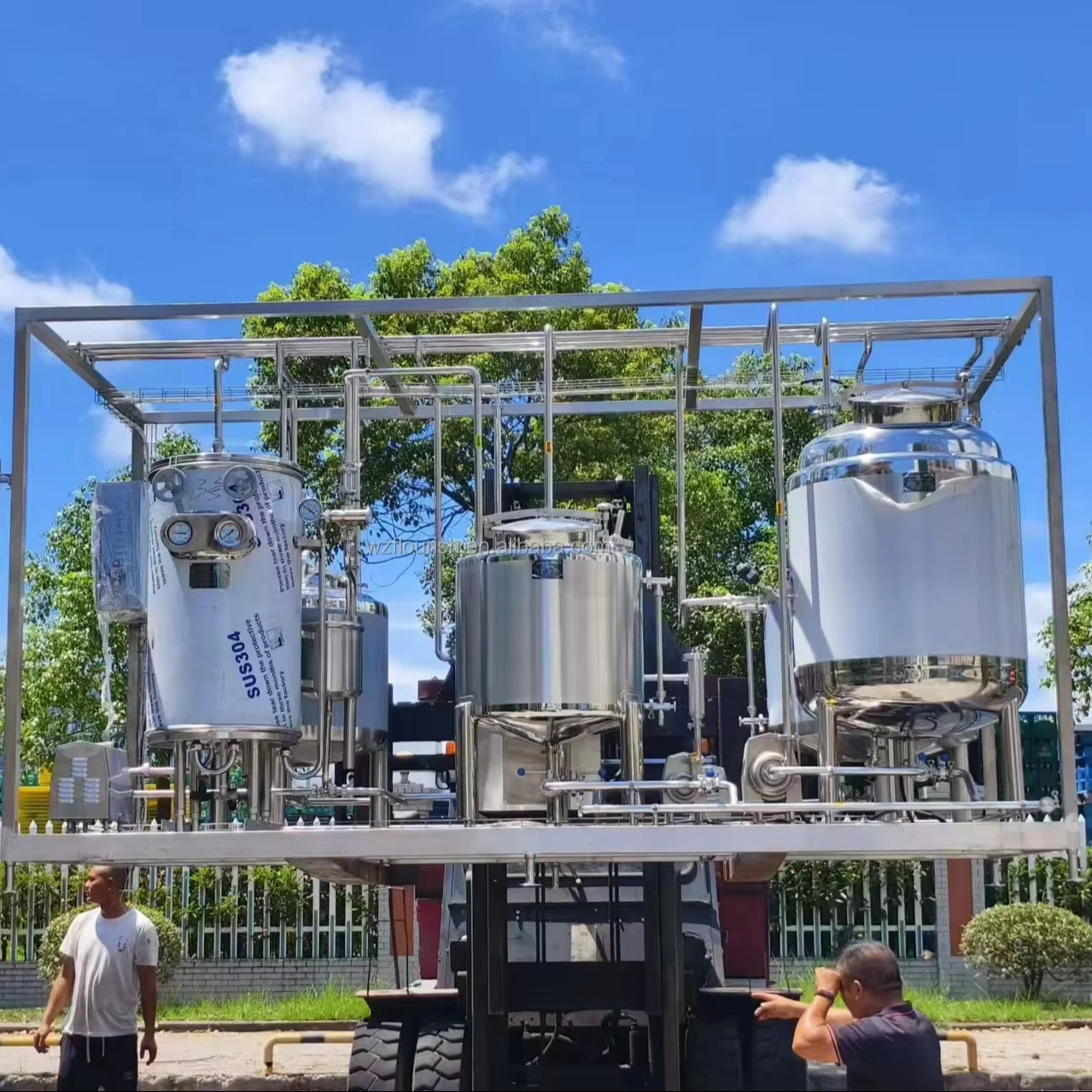ABOUT
Wenzhou Vince Machinery Science Co., Ltd. was established in early 1980s. Our company covers an area of 6500 square meters and is an independent legal representative firm, possessing rich economic technology strength. Our company is a high tech enterprise and plays an important role in national dairy, foodstuff, pharmacy and machinery industries. We are a beverage machinery supplier.
Since the establishment, our company has mainly engaged in dairy products, foodstuff, beverage machinery, bean products, yellow wine, medicines and fermentation projects. What's more, our company supplies a complete sequence services in manufacturing, installation, test and personnel train, as well as the whole direction service design and consulting service on product project construction or enlargement artistic distribution engineering sets budget.
PRODUCTS
Discover the Wonders of Fermentation Tanks
The Science Behind the Steel: Understanding the Process
Fermentation tanks, often constructed from stainless steel for hygiene and durability, provide a controlled environment for the magic of microbial transformation. This process involves microorganisms, such as yeasts and bacteria, converting sugars into acids, gases, or alcohol. The specific microorganisms used, along with the temperature and oxygen levels within the tank, dictate the final product. The precise control offered by these tanks allows for consistent and high-quality results, a far cry from the unpredictable outcomes of traditional, open-air fermentation methods.
The tank's design plays a crucial role in managing the fermentation process. Features like temperature control jackets, pressure relief valves, and sampling ports are vital for monitoring and manipulating the conditions within the tank. This ensures the health and productivity of the microorganisms, prevents contamination, and ultimately determines the quality and characteristics of the fermented product. The careful selection of materials, too, is crucial; stainless steel's inert nature prevents unwanted chemical reactions from altering the taste or composition of the fermented substance.
A Diverse World of Applications: From Beverages to Foods
Fermentation tanks are far from limited to a single application. Their versatility is truly astounding, spanning a remarkable breadth of food and beverage production. In the brewing industry, they are indispensable for creating beer, transforming malted barley into a range of delightful brews. The meticulous control over temperature and pressure allows brewers to fine-tune the fermentation process, resulting in beers with distinctive flavor profiles and characteristics.
Winemaking relies heavily on fermentation tanks as well. These tanks house the grapes' juice, allowing yeast to convert the sugars into alcohol and carbon dioxide, producing a variety of wines with unique bouquets. The size and type of tank influence the wine's final taste, with some favoring smaller tanks for enhanced flavor concentration, while others utilize larger tanks for smoother, less intense wines. Beyond alcoholic beverages, fermentation tanks play a key role in creating foods like yogurt, kimchi, sauerkraut, and various cheeses. In each case, the controlled environment ensures the optimal conditions for the beneficial bacteria to thrive, resulting in consistent and high-quality products.
Innovation and the Future of Fermentation Tanks
The world of fermentation tanks is constantly evolving. Modern advancements incorporate sophisticated technologies to optimize the fermentation process. Computer-controlled systems monitor and adjust temperature, pressure, and other parameters in real time, maximizing efficiency and consistency. Automated cleaning systems ensure hygiene and prevent contamination, minimizing risks and improving product safety.
Beyond technological upgrades, research into new strains of microorganisms continues to expand the possibilities of fermentation. Scientists are exploring novel microorganisms with the potential to produce unique flavors, improve the nutritional value of fermented products, or even generate sustainable biofuels. This continuous innovation underscores the enduring importance of fermentation tanks in the food and beverage industry and beyond, promising a future filled with even more exciting possibilities.
Beyond the Tank: The Broader Impact of Fermentation
The impact of fermentation extends far beyond the confines of the fermentation tank itself. It contributes significantly to food security and nutrition, providing a means to preserve food and enhance its nutritional value. Fermentation improves the digestibility of some foods and enhances the bioavailability of certain nutrients. Moreover, fermented foods often contain beneficial probiotics that contribute to gut health, further underscoring their importance in a healthy diet.
In closing, the wonders of fermentation tanks go beyond their functional role in food production. They represent a confluence of science, artistry, and ancient techniques, shaping our culinary landscape and offering exciting possibilities for the future. From the humble beginnings of spontaneous fermentation to the sophisticated technology of today, the story of fermentation tanks is one of continuous innovation and the enduring human quest for delicious and nutritious food and drink.
SUBSCRIBE
INQUIRY

